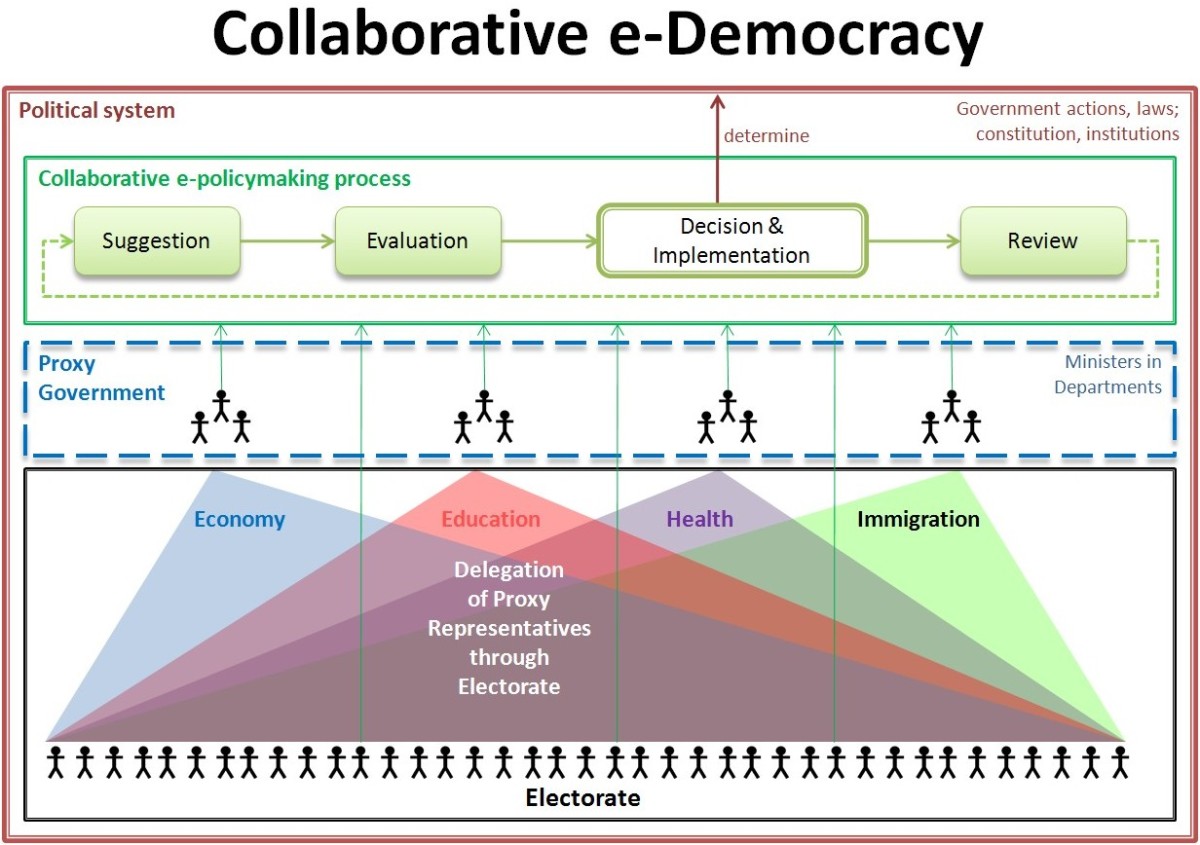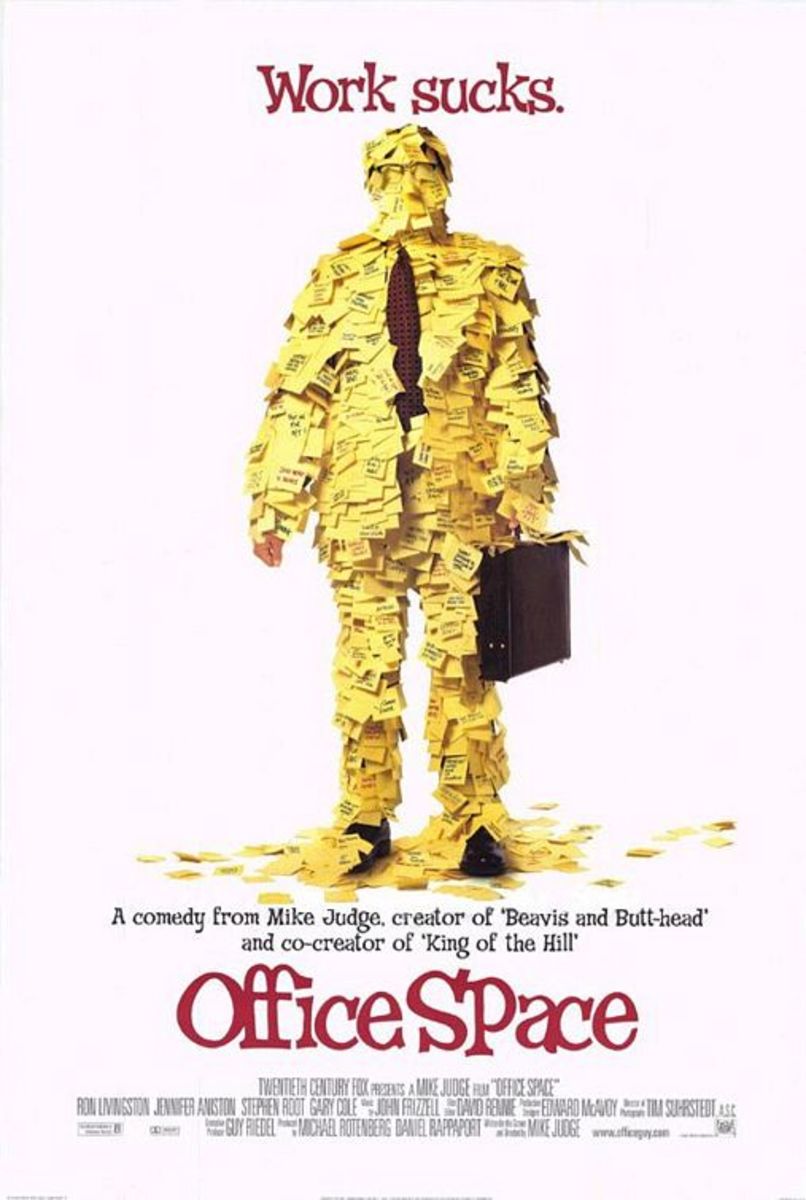The Art of Organizational Politics

First of all, I would like to apologize for being out of touch for so long. I have been working on my second book, and the research process for this one has been very intense. Even though I am still working on my new book, I’ve been missing Hub Pages. This article will breathe new life into my craft and love for writing. Now, back to the article:
Are you a politician? It might sound like a crazy question, but if you are a member of corporate America, you probably are and don’t even know it. Organizational or office politics is a fancy word used to describe the techniques, intelligence, and tactics needed to maneuver through the often chaotic world of a corporate environment. There are three primary levels of personnel associated with organizational politics. These levels are: senior leadership, middle management, and employees. For this particular article I will be focusing on one level of organizational politics, the employee.
When I graduated college in 2004, I was ready to take on the world. I had big dreams of making my way up the corporate ladder and being a CEO of a Fortune 500 company by the time I was 40. Even though I have not reached the age of 40, I believe my dream had become a nightmare. My eight-year career in corporate America has been a roller coaster ride with many highs and lows. I first stumbled on the term organizational politics in college but really didn’t know what it meant until I began my career. My situation is typical of many Americans trying to pursue their dreams in corporate America, but I don’t believe everyone has to have the same struggle I have encountered due to a lack of understanding when it comes to organizational politics. There are several types of employees in a corporate setting. Here are a few:
1. The Go Getter
2. The Mouse
3. The Outlaw
4. The Teacher’s Pet
5. The Soldier
The go getter is the role every new employee plays when they first arrive on the job. These individuals are green to the culture of the new organization, and the grass is as green as it can be. You have arrived! Your prayers have been answered. You were able to beat out several applicants to become the chosen one. Your first week on the job is the greatest. Often, you are stuck in orientation learning how great your new organization is, and you are exposed to policies, procedures, and protocols that make your new organization seem like the greatest job in the world. Once you are finished with orientation, you either go straight to work with on-the-job training (OJT) or enter another level of training. Still, this organization seems to be the greatest. When you finally reach the final destination of the workplace, the race begins. There is nothing your boss can ask you that you are not willing to do. You want to shine and move up the corporate ladder quickly. For some, the role of go getter is the title they will hold their entire time in the organization. For others, this role is quickly destroyed by the culture of the organization. As a not-so-new employee, you start to notice that something is wrong. Individuals do not like you for just being you. Some of your co-workers are whispering in your ear how terrible your new organization is and how you will soon hate life. After a while, you start to notice the things that you have been told by your co-workers, and you start to feel the stress and get on the emotional roller coaster your organization is on. This is when you adopt a new role.
Many individuals become the mouse. The mouse is exactly the type of employee the word implies. These individuals are afraid of their own shadow and are absolutely terrified of upsetting management and other co-workers. These individuals are often abused by management. Management knows they can treat the mouse any way they want without any repercussions. The mouse takes on extra duties without any rewards or compensation, subjected to verbal abuse, and sees others excel pass them time after time. This is the wrong role to play in an organization. There is an old saying that states, “If you stand for nothing, then you will fall for anything.” This is so true, but too many employees fall into this category. The mouse is simply happy to have a job but is often the first one to get laid off when companies downsize. Why? Management knows the mouse will do absolutely nothing about it.
The next role is quite the opposite. The outlaw is not standing for anything. They will challenge management on every issue that is wrong, be the spokesperson for other disgruntled employees, and demand recognition when they feel it’s warranted. This is also a terrible role to play in an organization. I have been that employee. Even though I was absolutely justified in my complaints, I simply painted a gigantic, red target on my back. You see, many of the individuals hiding in the background encouraging you to stand up for what’s right are the same individuals ready to take your position, when you are fired or laid off. You have to know when and how to fight your battles, and some battles are not yours to fight. If you want to find the quickest way to the unemployment line, become the outlaw. The outlaw talks a good game but find themselves shell-shocked when management strikes back with vengeance.
I believe the most hated role of employees is the teacher’s pet. As the name describes, these individuals are figuratively rubbed on the head like a dog or cat for being so loyal to the boss. Their loyalty is often earned through manipulation of the system, being a mole or informant for management, throwing co-workers “under the bus” for personal gain, brown nosing as often as possible, and many other unethical actions I choose not to mention. Lying is a favorite tactic of the teacher’s pet. They will lie, steal, and cheat their way to the top by any means necessary. Even though the teacher’s pet seems to win in the short term, they eventually find themselves on the losing end in the long run. The teacher’s pet has an expiration date that is stamped on their back without them even knowing it. When is that expiration date? When a new teacher’s pet comes to the organization, the old pet is put on the sideline. Another reason the teacher’s pet is expendable is because of mistrust. An employer never trusts a teacher’s pet. A boss figures that the individual will one day betray them because it is a part of the pet’s nature. When I was laid off from my job for being the outlaw, the teacher’s pet who was mainly responsible for my demise was soon let go after me. She had served her purpose. Her stock had depreciated. I heard from another employee (whose career she helped ruin) she cried and couldn’t understand why that had happened to her. It was a sad situation, but in the end the mouse always gets caught in the trap trying to eat all the cheese.
The last role I will discuss (also my favorite) is the soldier. There are three key words that can be used to describe the soldier: cool, calm, and collected. This is a role my “Type A” personality had to adopt for survival in corporate America. Even though the soldier is quite, he or she is no pushover. Instead of brown nosing and throwing other individuals under the bus for personal gain, the soldier lets his or her work ethic and performance speak for them. The soldier never gets caught up in short-term stress and chaos of organizational politics. Instead, they focus on the long-term gain of leading by example. Even though some individuals want to hate the soldier, it’s hard to find fault in them, because they give you no ammo to fight them. The soldier practices military silence at all times. They speak when spoken to and use choose their words very carefully, when they do. The soldier is a proactive individual who takes the initiative to gets things done. They don’t run to the boss saying, “Look what I’ve done boss!” When you create a persona for yourself of being a soldier, there is no need. The boss already knows who took the initiative for going the extra mile without even asking. When the soldier is recognized for their achievements, they always humble themselves and thank others for their contributions. When a soldier does feel the need to stand up for themselves, it’s always done behind closed doors. A soldier defends his or herself by using tactical, introductory phrases such as, “with all due respect” and “no disrespect but.” The voice of the soldier is always monotone and emotions are hidden deep inside them. The battles the soldier has to fight are at a minimal because no one wants to go up against them. Start or transform your career into the role of the soldier and see if you don’t notice a difference in how you play organizational politics.
After reading this article, you should realize the fact that you are a politician, and there will be trials and tribulations in your organization. Recognize the different roles in your organization, and know which role you are playing. If you are in it for the long term, I suggest you choose the role of the soldier. If you have short-term goals and want to exit your organization involuntarily, choose one of the other roles I described. Remember, there is always a choice in what role you play in organizational politics. And that choice is always yours. Never let someone else choose for you, because they will always choose the losing role for their personal and professional gain.
Edgar Alan Cole, M.B.A.
I have added some suggested products that are great for creating and analyzing strategy in life and in the workplace. Yes, I did add a Monopoly board!













